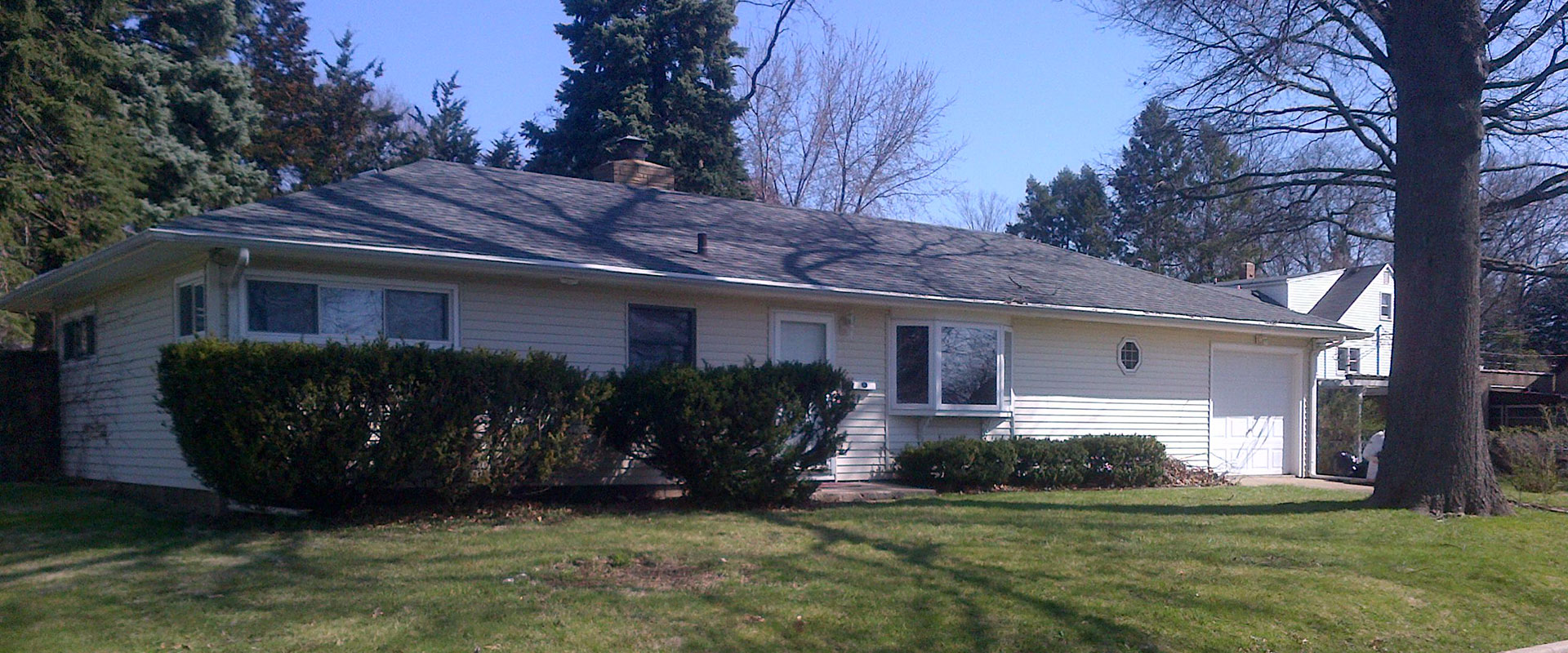If you’re considering listing your house in Chicago, it’s important to be aware of the expenses involved at different stages of the process. From the initial preparations before listing your house, throughout the listing period, when an offer is received, and as you approach the closing table, there are costs to keep in mind. In our latest post, we’ll explore these costs associated with listing your house. This will help you assess whether opting for a direct property sale could be a more advantageous decision based on your specific situation.
The cost of listing your house in Chicago can experience significant fluctuations. This variability is influenced by factors like the house’s individual condition, necessary repairs, and its precise location. Different agents follow distinct approaches; while some agents have itemized charges, others offer all-inclusive packages. Prior to making a commitment, it’s crucial to ascertain the actual expenses involved in listing your house in Chicago. So, take the time to uncover the true costs before proceeding with listing your house!
Upfront Costs
Before engaging with an agent or start listing your house, make sure to handle key tasks, some of which you can tackle yourself, while others might involve expenses. While not all may be obligatory, it’s crucial to consider each one’s importance.
Cleaning
In order to craft a cozy and inviting atmosphere, your goal should be to ensure the house is tidy and welcoming. While you can certainly handle the task yourself, considering the assistance of a professional for a comprehensive top-to-bottom cleaning can truly transform the entire house. If you’re not planning to replace the carpets or flooring, it’s worth investing in a professional cleaning for those as well to maintain their appeal. And don’t overlook the exterior – if your home has a second story, enlisting a pro to professionally clean your windows could yield great results!
Storage
When you’re tidying up your house, it’s an ideal opportunity to stow away any things you don’t really need. Potential visitors don’t prefer spotting personal stuff or mess when they check out your home. That’s why ensuring everything is neatly packed away becomes important. You may even think about renting an offsite storage unit or a portable storage container (pod) to safely store your belongings until you settle into your new house.
Repairs & Upgrades
You’ll definitely want to address any noticeable damage or signs of wear around your place. This means repairing and giving a fresh coat of paint to walls, swapping out cracked tiles, and making sure the floorboards are nice and even. While you’re at it, consider making small improvements like updating fixtures and hardware. Investing in these enhancements can actually boost your home’s value. Just be ready to cover the costs upfront, and you’re good to go!
Landscaping
You won’t achieve an attractive property listing with a neglected yard. The front yard stands as the initial sight for visitors. It’s crucial to not just tidy it up, but also to utilize it as a display for your home. Numerous folks choose to enhance their curb appeal by incorporating plants, flowers, new doors, or fencing to make it really stand out.
While The House Is Listed
As your property is up for sale, you’ll continue to incur costs. Throughout this period, various expenses will arise that you could bypass through a quick and direct upfront sale.
Monthly Costs
When listing your house for sale, it’s important to note that you’ll still be responsible for monthly utilities, such as water and electricity, even after you’ve moved out. It’s crucial to keep these services active for potential home viewers. Additionally, you’ll need to continue payments for homeowner’s insurance and property taxes up until the closing day. You’ll also remain accountable for ongoing tasks like home maintenance and cleaning. The period between listing your house and its official sale, often involving market time and the escrow process, could potentially span months, resulting in a substantial financial commitment that might otherwise have stayed in your pocket.
Marketing
Certain agents excel at marketing, while others fall short. To effectively showcase your house for a successful listing, it’s crucial to have outstanding property descriptions and captivating photographs that highlight your home’s best features. In fact, a growing number of individuals are opting to enlist the skills of drone photographers, capturing stunning aerial views of their properties.
After An Offer Has Been Made
Once you’ve listed your house and received an offer that you’re satisfied with, and once you’ve accepted that offer, it’s crucial to be aware that you’ll still bear the responsibility for the insurance, utilities, and taxes until the closing day arrives. The duration of this period can fluctuate, potentially elongating your waiting period by several weeks, depending on the lender you’re working with. Consequently, this extension could result in additional costs for you as you continue to own the property. In the majority of cases, offers are contingent upon undergoing an inspection and appraisal process. However, there’s an alternative to consider: you can bypass these expenses entirely by opting for a direct offer from a company that purchases properties in their current condition.
Negotiated Repairs
After the inspection is done, you might need to discuss fixing issues depending on how serious they are. If the house has a significant problem, the buyer will probably ask for it to be repaired before finalizing the sale. (Getting a loan from the bank for a damaged property is also improbable.) If your buyer chooses to withdraw their offer, you’ll have to inform all future potential buyers about the repairs that are necessary.
At The Closing Table
Commissions
Once you’re ready to complete the final sale paperwork, it’s also the moment to hand over a check to your agent. This payment generally amounts to around 6% of the ultimate selling price of the home. This step marks the culmination of the home-selling process, solidifying the transaction and compensating your agent for their dedicated assistance throughout the journey.
Closing Costs
A variety of extra charges are bundled as part of the closing costs when you’re finalizing the purchase of a home. These encompass expenses like filing important paperwork, conducting a search to verify the property’s title, checking your credit history, covering transfer taxes, property taxes, and more. On the whole, these expenses can add up to roughly 2% of the total selling price of the property.
When you tally up all the expenses, it becomes clear that listing might not be the best option for every property. A lot of folks discover more advantages when they opt for a direct sale! Crunch the figures on your own and select the choice that suits you perfectly!

